TEHRAN(Bazaar) –Shireen Tahmaasb Hunter, a professor of political science at Georgetown University, tells the Bazaar that Russia sees Iran as a rival in energy and in the game of regional influence.
She says: “Russia has been against any improvement in US-Iran relations and, in general, with Western states.”
“The main problem between Iran, the West, and the IAEA, is the lack of trust,” Hunter comments.
Following is the text of the interview:
Bazaar: During the visit of Rafael Mariano Grossi, director general of the International Atomic Energy Agency (IAEA), it was decided that Iran would provide documents on the Agency's questions about the three places that Iran did not declare to the Agency, by March 20, 2022, at the latest. What is your assessment of this agreement?
Hunter: As I have said for a long time, the main problem between Iran, the West, and the IAEA, is the lack of trust. There are still those in the West and in the region, who believe that Iran has a secret nuclear program with military objectives. Therefore, as long as Iran does not prove that such a program does not exist, the revival of the nuclear deal would face difficulties. Therefore, I think that Iran has no choice but to provide the documentation and proof necessary to satisfy the IAEA of the peaceful nature of its nuclear program. Otherwise the nuclear stalemate with all of its negative consequences for Iran will continue.
Bazaar: Grossi stated at the Tehran meeting that if the IAEA and Iran do not reach an agreement, an agreement will not be reached in Vienna. It appears that his visit to Iran was unrelated to nuclear issues under the JCPOA, that is, the same cases related to Netanyahu's documents. However, why is the JCPOA linked to a non-JCPOA nuclear case?
Hunter: Whatever the source of these questions, to resolve the nuclear dispute, Iran needs to satisfy the IAEA and the Western and regional players that its nuclear program is peaceful. Like many other problems in Iran's international relations, the nuclear issues including questions related to PMD would not be resolved without a broader improvement in Iran's relations with a number of international and regional players. There would always be a chance that some country again would make claims about secret nuclear sites in Iran.
Bazaar: During Grossi's visit, the case of the three undisclosed locations is scheduled to be closed by June, prior to the IAEA Board of Governors meeting, if the Director-General reports positively. David Albright, a former IAEA official, said Netanyahu's documents outnumbered the current ones. Accordingly, Iran insists that the PMD be closed completely. Do you think that even with the closure of the current file, the agency might still raise other issues regarding PMD?
Hunter: It is very difficult to separate those nuclear issues directly related to the JCPOA with other questions about Iran's nuclear intentions. As I said, nuclear issues are intimately related to Iran's problems with a number of international and regional players. Israel is one of these players. Therefore, there is always a risk that other PMD related issues could be raised in the future. Iran wants to compartmentalize its problems by resolving the nuclear issue while keeping other dossiers open. Others do not want this.
Bazaar: While the Foreign Ministries were scheduled to travel to Vienna to announce the finality of the agreement, the trip was canceled. Russia, on the other hand, has said that US sanctions should not hinder Russia's trade with Iran after the revival of the JCPOA. To what extent will this statement by Russia affect the negotiations, and why does Russia propose this condition at the final stage of negotiations?
Hunter: Iran's refusal to talk directly to the US has for a longtime made it vulnerable to the manipulation of other states, notably Russia and China. Again, as I have been warning for nearly thirty years, Russia sees Iran as a rival in energy and in the game of regional influence. Thus, Russia has been against any improvement in US-Iran relations and, in general, with Western states. Moscow knows that the successful restoration of the JCPOA could improve Iran's economic conditions and make it less dependent on Moscow. The same calculations also apply to Beijing. Both want to use Iran as a pawn in their competition with the West. It is time that Iranian leaders realized this.
The war in Ukraine has endangered Russian exports to Europe. Therefore, Moscow wants to keep sanctions on Iran in place so as to prevent the flow of Iran's energy to the world market.
In this context, the cancellation of Foreign ministers’ meetings in Vienna is regrettable.

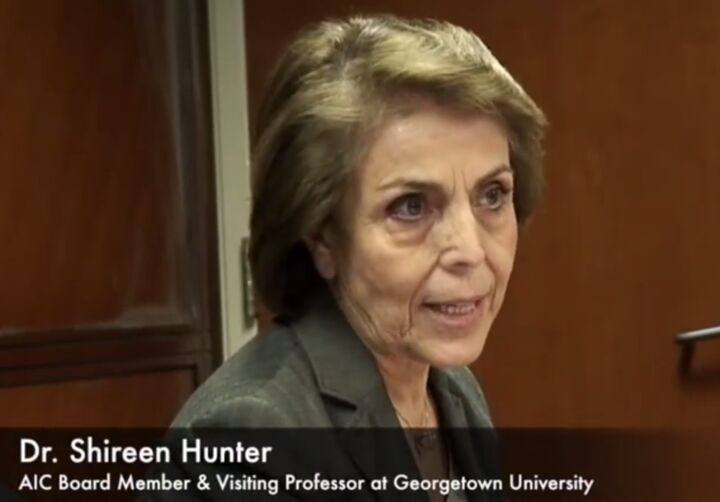




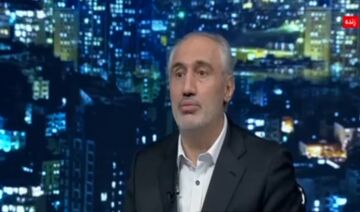

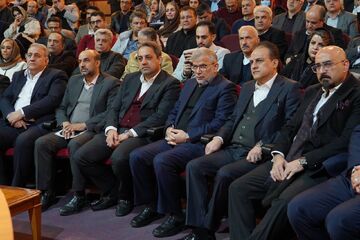

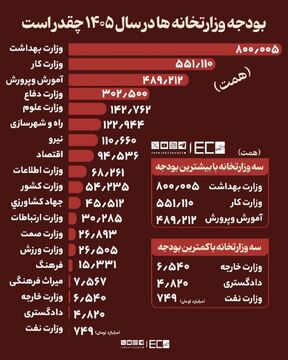
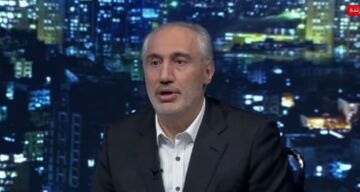




نظر شما